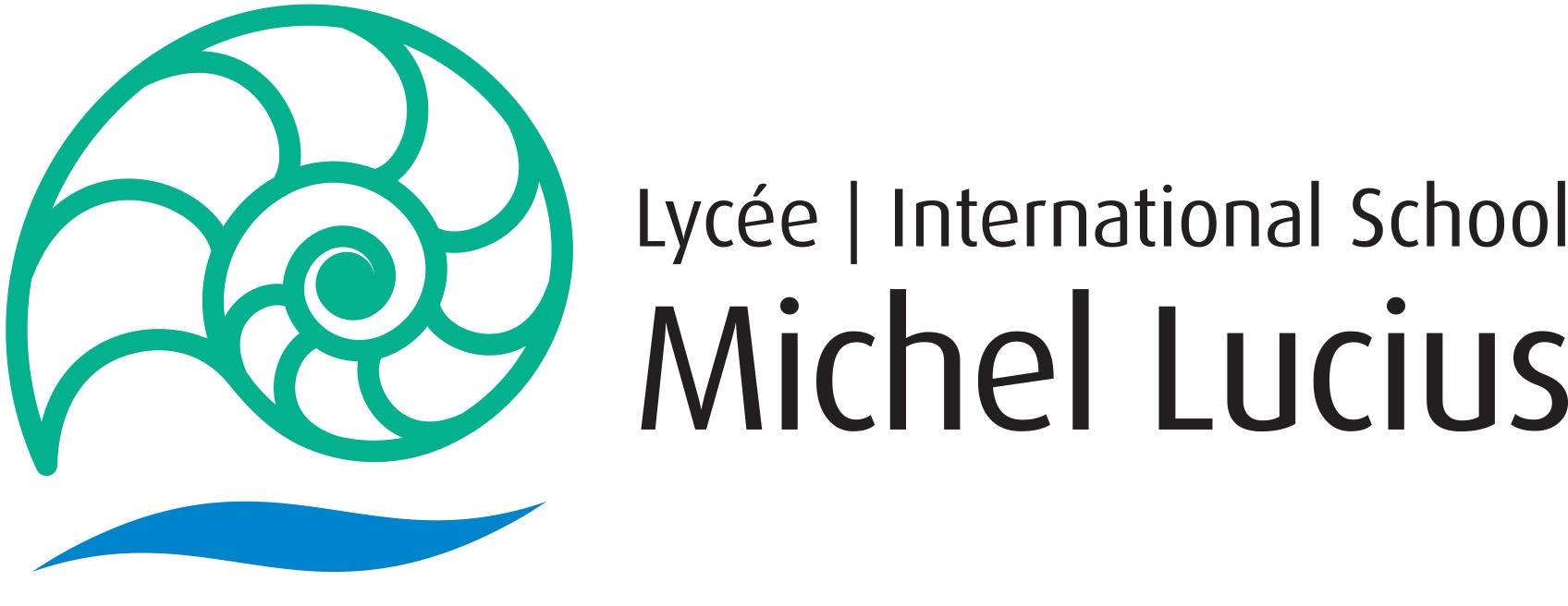The International GCSEs are qualifications that are recognised internationally and are for students usually from 14 to 16 years of age. The classes Lycée Michel Lucius offer are designed to prepare students for the exams that lead to these qualifications. The exams are produced, assessed and awarded by an external awarding body, they can however be sat at our school.
GCSE stands for General Certificate of Secondary Education. At our school, we offer the International GCSEs currently available in over 125 countries. The curricula of the individual subjects are designed in such a way that the students are taught to be inquisitive and to apply their knowledge to new situations. Furthermore, cultural awareness and English language skills are important parts of the International GCSEs.
What subjects do we offer?
Lycée Michel Lucius currently offers International GCSEs in English and English Literature, in French, German, Spanish, Chinese, Mathematics, Economics, Global Perspectives, Biology, Chemistry, Physics, Geography, History, Music, Art and Computer Science.
Why take the International GCSE?
The International GCSE is recognised around the world as a significant academic attainment. The main benefit of the International GCSE is that it prepares students for A-levels and the International Baccalaureate Diploma Programme. The curriculum in the different subjects is designed to encourage creative thinking, intellectual enquiry and problem solving – skills that increase students’ ability to succeed to the next level of their education.
How is the International GCSE different from the UK GCSE?
The International GCSE meets the same high academic standards as the UK GCSE and is recognised around the world as equivalent. The main difference is that International GCSEs are specifically designed for international students and are also considered to more flexible. Many consider International GCSEs in certain subjects, such as mathematics and science, to be more rigorous.
Grades and assessments
Students take written examinations at the end of the two years, which are externally assessed and graded. Students receive grades from A*, the highest, to G, the lowest grade.
What happens after the International GCSE?
After taking International GCSEs, most students go on to pursue their A-levels. Students who have mastered International GCSEs are highly knowledgeable about a number of academic subjects and have learned to be motivated and independent learners who can perform well in examinations. These skills are valuable at university and prepare students to excel in the global community.
